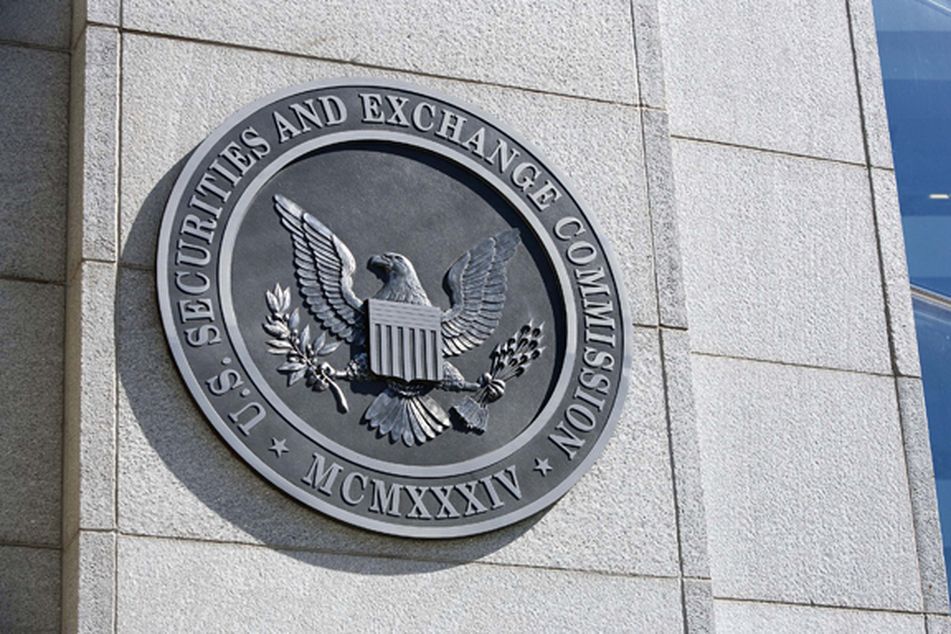SEC snubbed in short-term funding bill

The Securities and Exchange Commission will have to forge ahead with the dozens of studies and regulations called for in the Dodd-Frank financial reform law without any extra funding until at least early March.
The Securities and Exchange Commission will have to forge ahead with the dozens of studies and regulations called for in the Dodd-Frank financial reform law without any extra funding until at least early March.
The Senate approved on Tuesday, 79-16, a measure that would fund government operations through March 4 at a level of $1.16 billion above fiscal year 2010. The House passed the bill later in the day, sending it on to President Barack Obama for his signature.
The lack of additional funding for Dodd-Frank implementation in the so-called continuing resolution will hurt investors, according to an agency official.
“We believe a well-funded, effective SEC is essential for investors and the markets,” SEC spokesman John Nester said in a e-mail statement. “Operating under the continuing resolution is already forcing the agency to delay or cut back enforcement and market oversight efforts. The longer we operate under significant budgetary restrictions, the greater the impact.”
Warnings about the dangers of starving the SEC of funds also came from Capitol Hill.
“The success of (Dodd-Frank) and its ability to protect consumers and investors hinges on Congress providing increased funding for agencies like the Securities and Exchange Commission and the Commodity Futures Trading Commission,” Sen. Tim Johnson, D-S.D. and next year’s chairman of the Senate Banking Committee, said in a statement. “Under this funding bill, these agencies could face a lack of resources that ultimately leaves investors more vulnerable.”
The government would have shut down at midnight tonight if Congress had not acted on the bill. The continuing resolution is the latest of several that have been required since Oct. 1, the beginning of federal fiscal 2011. Congress failed to approve a new budget at that time
Last week, Senate Republicans blocked a $1.108 trillion omnibus appropriations bill that would have given the SEC $1.3 billion more —an 18% increase over the 2010 budget of $1.118 billion and 3% more than the Obama administration’s budget request of $1.258 billion.
The Senate GOP also refused to consider a continuing resolution passed by the House earlier in the month that would have boosted the SEC budget to $1.25 billion.
Republicans argued that the appropriations bill represented profligate spending that would worsen the federal deficit. Democrats accused Republicans of putting the government on autopilot and denying funding for critical programs.
Under the bill, most government agencies would continue to operate on their fiscal 2010 budgets. That will pose a challenge for the SEC, which has to produce nearly 20 studies and promulgate nearly 100 new rules under Dodd-Frank.
The SEC recently announced that it was deferring several Dodd-Frank initiatives due to “budget uncertainty.” Among those on hold are ones that would create investor advisory and investor advocacy offices.
“We are taking our usual steps, just like any other government agency under a continuing resolution, which include restrictions on non-essential travel, hiring and contracts,” Mr. Nester said in a statement.
In congressional testimony over the summer, SEC Chairman Mary Schapiro said the agency will need to hire 800 new staff members to implement Dodd-Frank.
Joan McKown, a partner at the law firm Jones Day in Washington, knows first hand how a crimp in funding can slow the agency’s enforcement and examination efforts. Fewer staff members will be assigned to cases, forcing timelines to be extended, and potential new cases may languish. In addition, the cutback on staff travel will curb research and interviews.
“The reality is you do less with less, you can’t do more with less funding,” said Ms. McKown, who was the chief counsel in the SEC’s Enforcement Division for 17 years.
She credits the SEC for making clear that it will have to cut back on its activities without more funding, such as announcing the delays in setting up several offices required under Dodd-Frank.
Nonetheless, she doesn’t foresee Dodd-Frank implementation slowing significantly. For instance, it’s unlikely that there will be a delay delivering to Congress by January its study of whether to establish a uniform fiduciary duty for retail investment advice. The agency also will continue to churn out Dodd-Frank regulations.
“The rulemaking will go forward,” Ms. McKown said. “You have to carefully utilize your resources at any point, but especially with a continuing resolution.”
Republicans, who campaigned in the fall elections on slashing the federal budget, will have greater control of the fate of SEC funding in the new Congress. The GOP will have a House majority and will increase its Senate minority to 47 seats, up from 41.
Learn more about reprints and licensing for this article.








